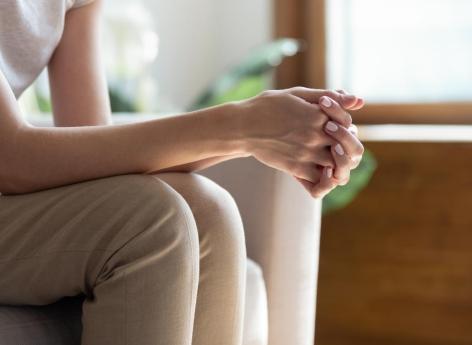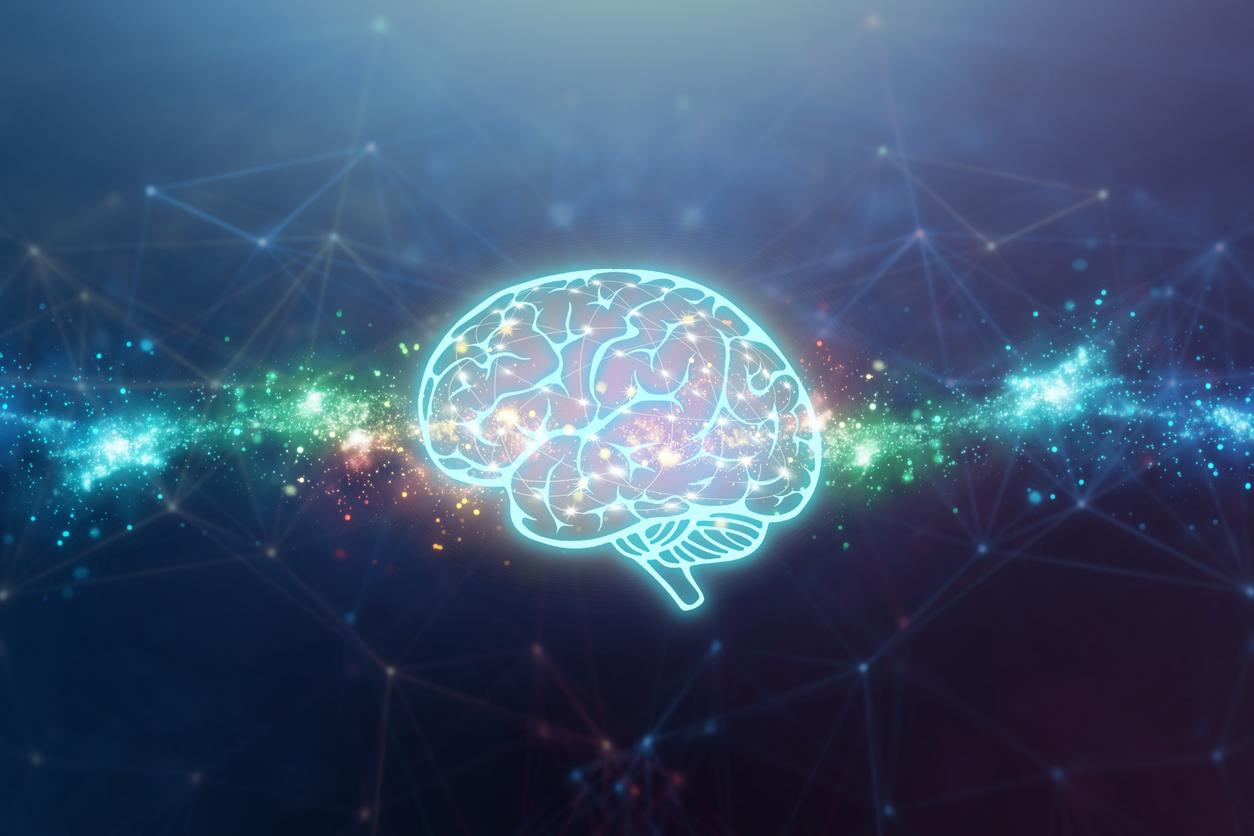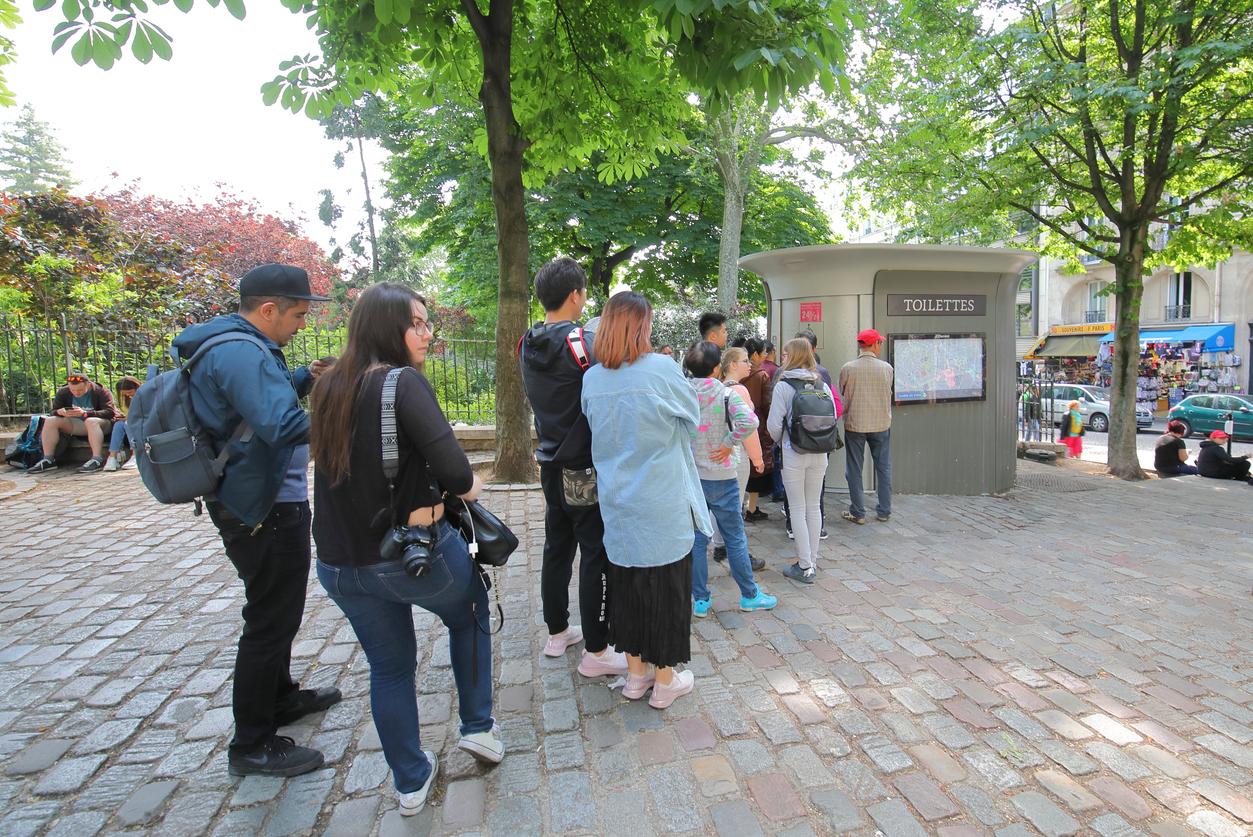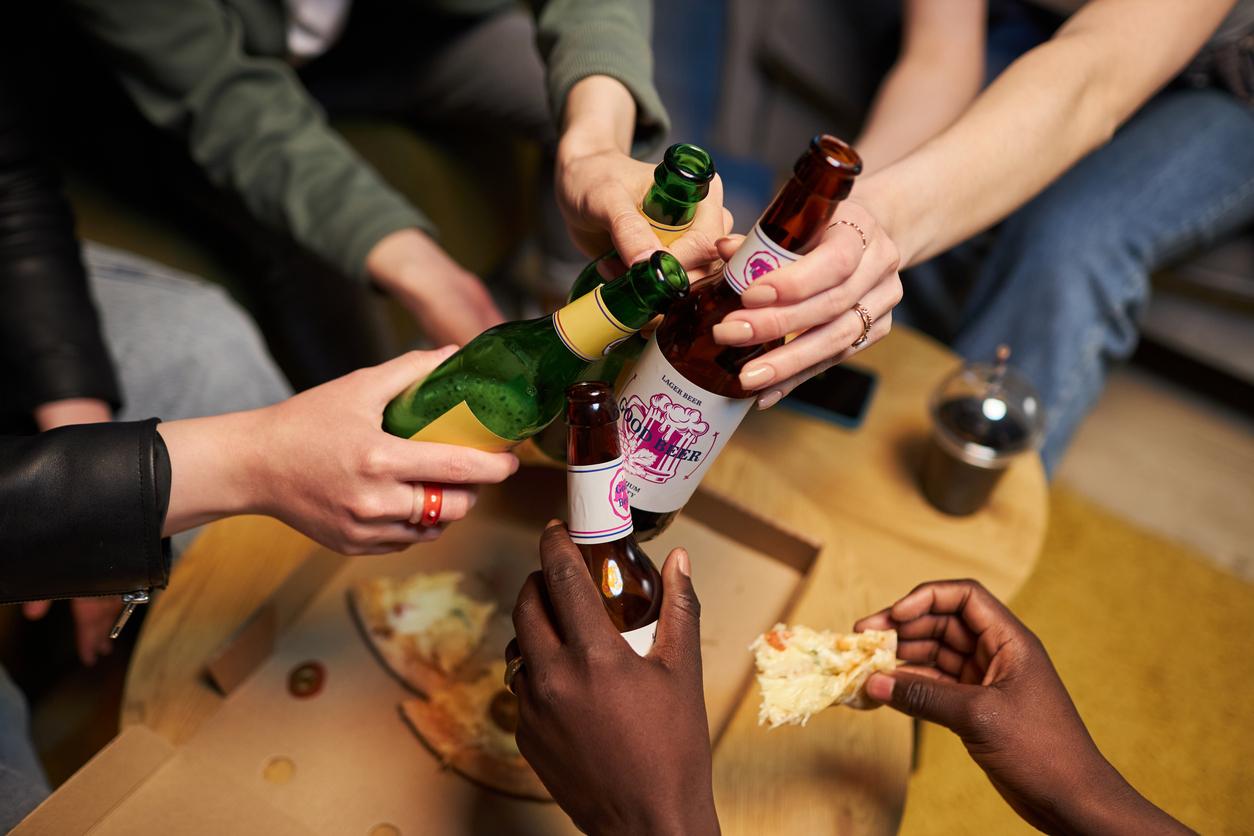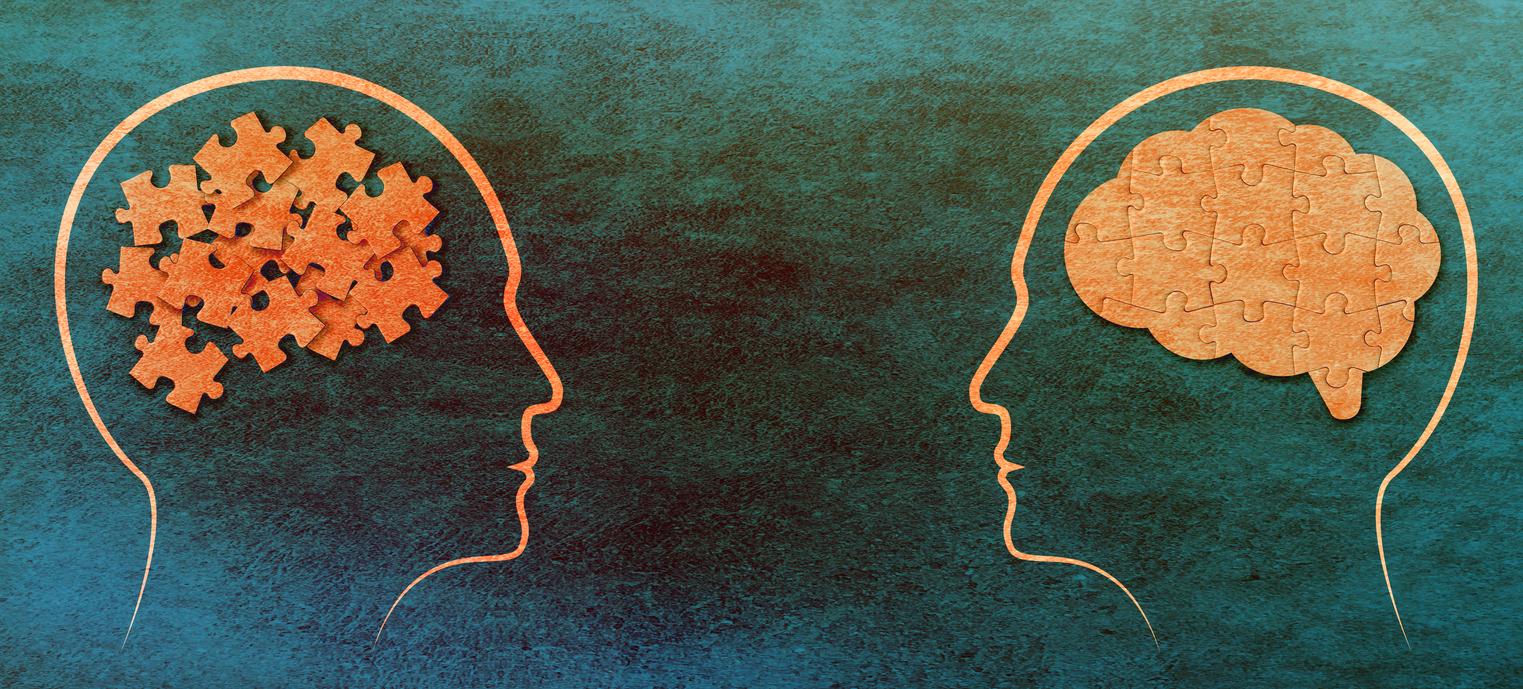Instagram, Facebook, Youtube… Looking for health information on these platforms, instead of seeking the advice of a doctor, can lead to putting yourself in danger.
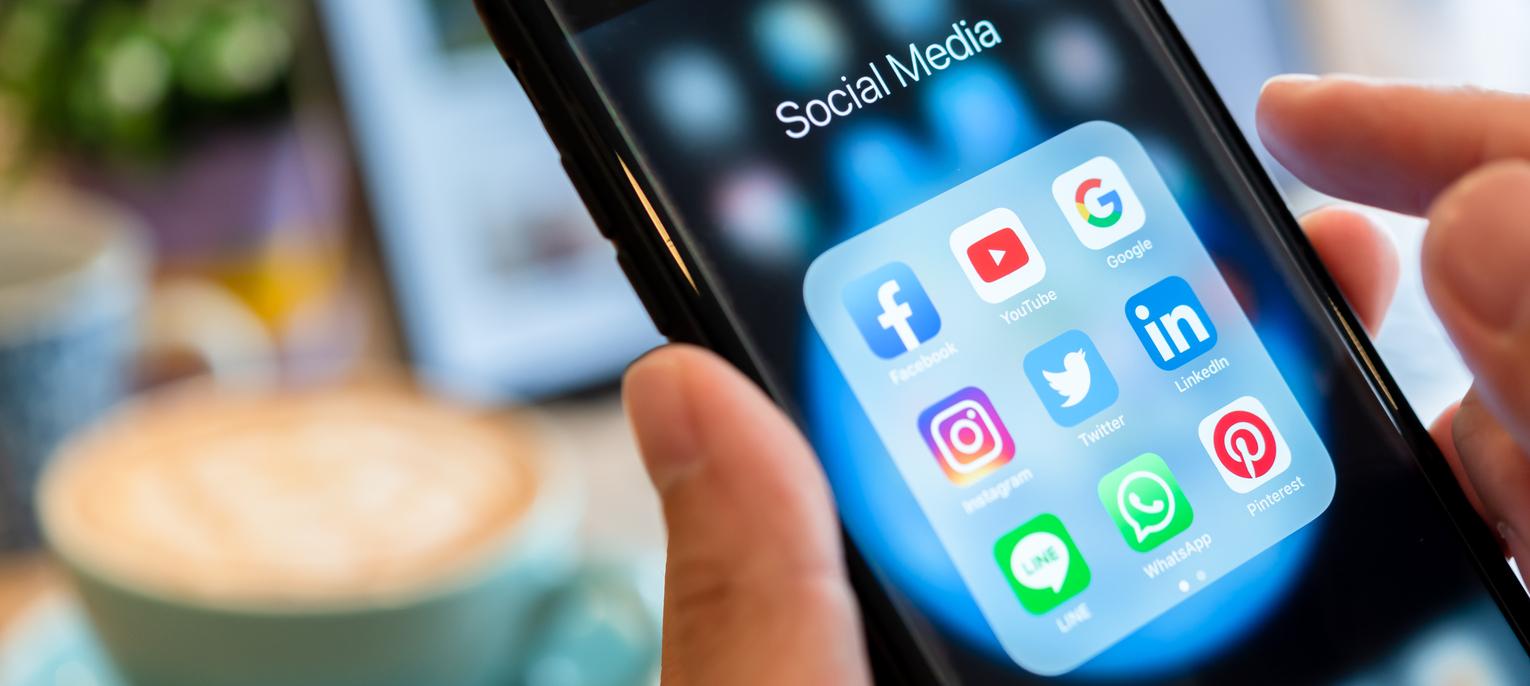
- Using social networks, such as YouTube or Whatsapp, to learn about medical topics was associated with a lower level of health knowledge.
- In addition, more frequent use of these platforms to find health information increases the risk of vaccine refusal or forgoing prescribed treatment.
- A greater sensitivity to conspiracy, alternative therapies and paranormal beliefs also promotes the adoption of risky medical behaviors.
We know: a lot of medical information circulates on social networks. While some are reliable, others are false, misleading or dubious, which increases risky behavior. This is whata recent survey, published by the Descartes Foundation, has just revealed. As part of their study, the team wanted to identify the beliefs and the way in which the French obtain information, which are linked to their level of health knowledge, vaccine refusal and forgoing medical treatment.
To do this, 4,000 people had to answer a questionnaire, developed by members of the National Academy of Medicine, on nutrition, cancers, vaccination and Covid-19. “Participants were asked to indicate their degree of agreement or disagreement with a series of statements that either conformed or did not conform to current medical knowledge. Most of the statements did not conform to the state of medical knowledge that we submitted to them corresponds to false health information which circulates on social networks or on YouTube, in particular, but some of which is also sometimes relayed by mainstream media”said the authors.
A lower level of knowledge among Youtube or Whatsapp users
According to the results, adults who searched for medical information on social networks, more specifically on Youtube and Whatsapp, and those who trusted these information channels more had on average a lower level of health knowledge than others. “independently of the effects of age, educational level, professional status or even the political orientation of the participants.” “Our analyzes reveal that on average, the more sensitive individuals are to alternative therapies as well as paranormal beliefs, the lower their level of health knowledge,” the team said. A marked sensitivity to conspiracy beliefs was also associated with a lower level of health knowledge.
Patients obtaining information from their doctor or mainstream general media had better medical knowledge. This was also the case for people who, rather than trusting their intuition, tend to engage in a reflective process before believing or not in information and those who trust science more and have a good understanding of the scientific method.

Social networks: 3 risky medical behaviors favored
The authors found that the adoption of risky medical behaviors (such as forgoing medical treatment, vaccine refusal other than the Covid-19 vaccine and refusal of the Covid-19 vaccine) was linked to poorer health knowledge, more frequent use of social networks (Youtube, Whatsapp) and a greater sensitivity to conspiracy, alternative therapies and paranormal beliefs.
“Foregoing medical treatment in favor of an alternative therapy and refusing vaccination are behaviors more rarely adopted by participants who have a treating physician – for example, 12% of those who have a treating physician have refused the Covid-19 vaccine, compared to 30% of those who did not have one. However, these risky health behaviors were adopted more by participants who claimed to have had a very bad medical experience.” can we read in the press release.
The team therefore believes that efforts should be made to combat medical misinformation on social networks and promote the dissemination of quality health content.





